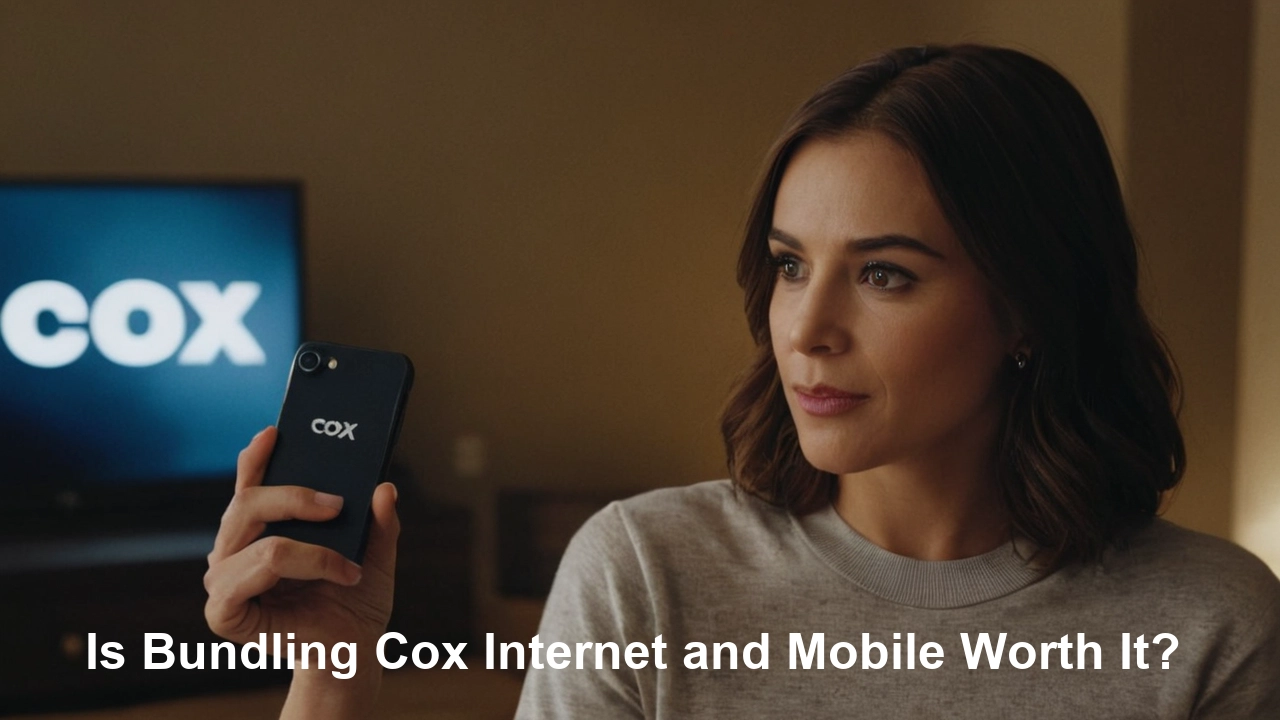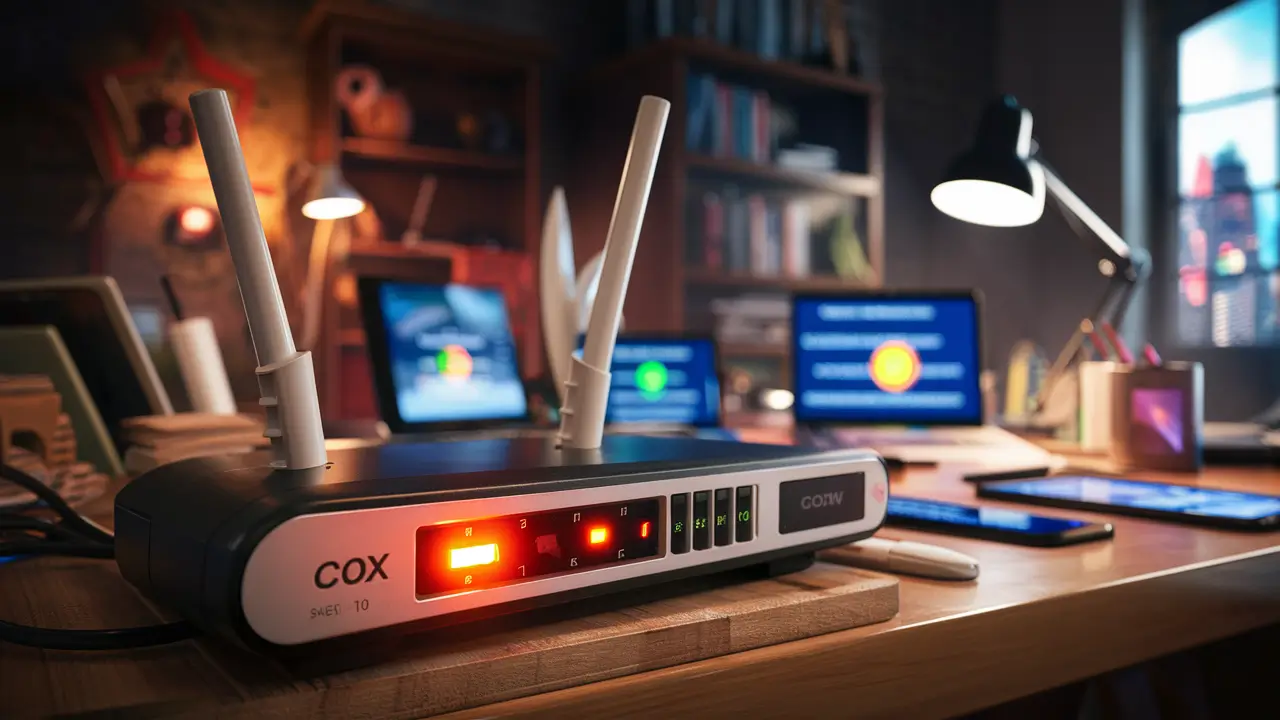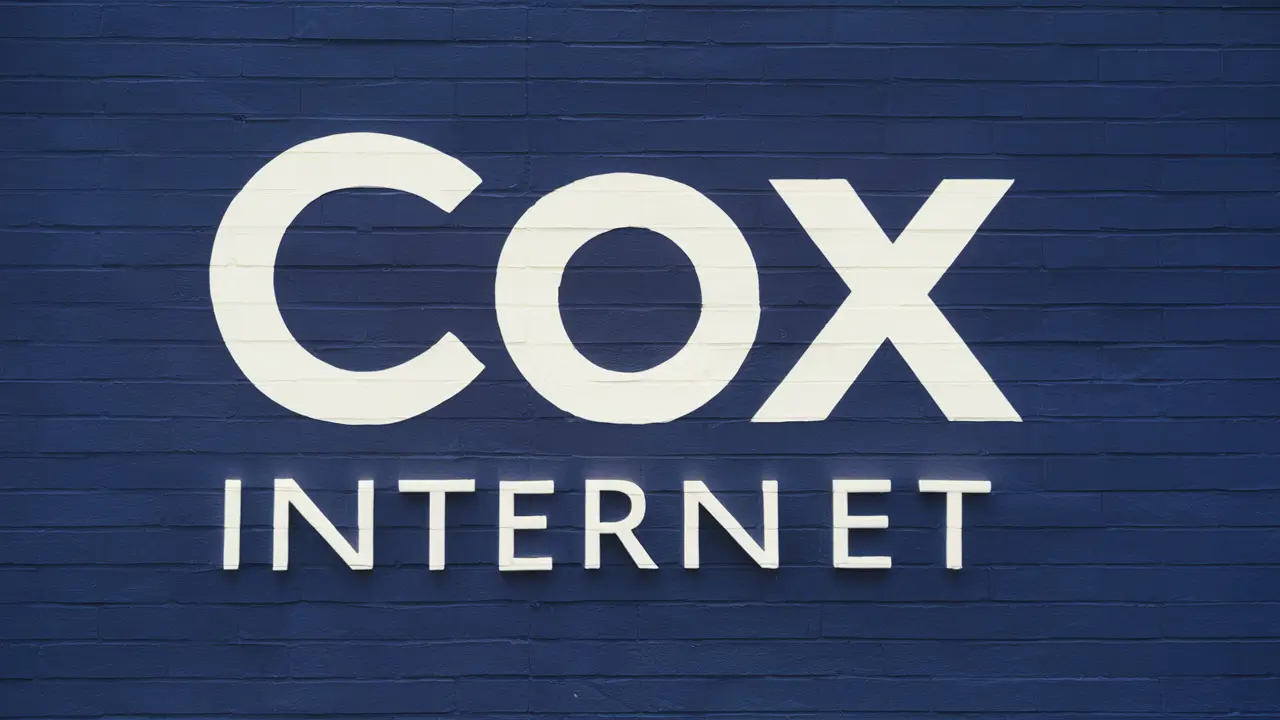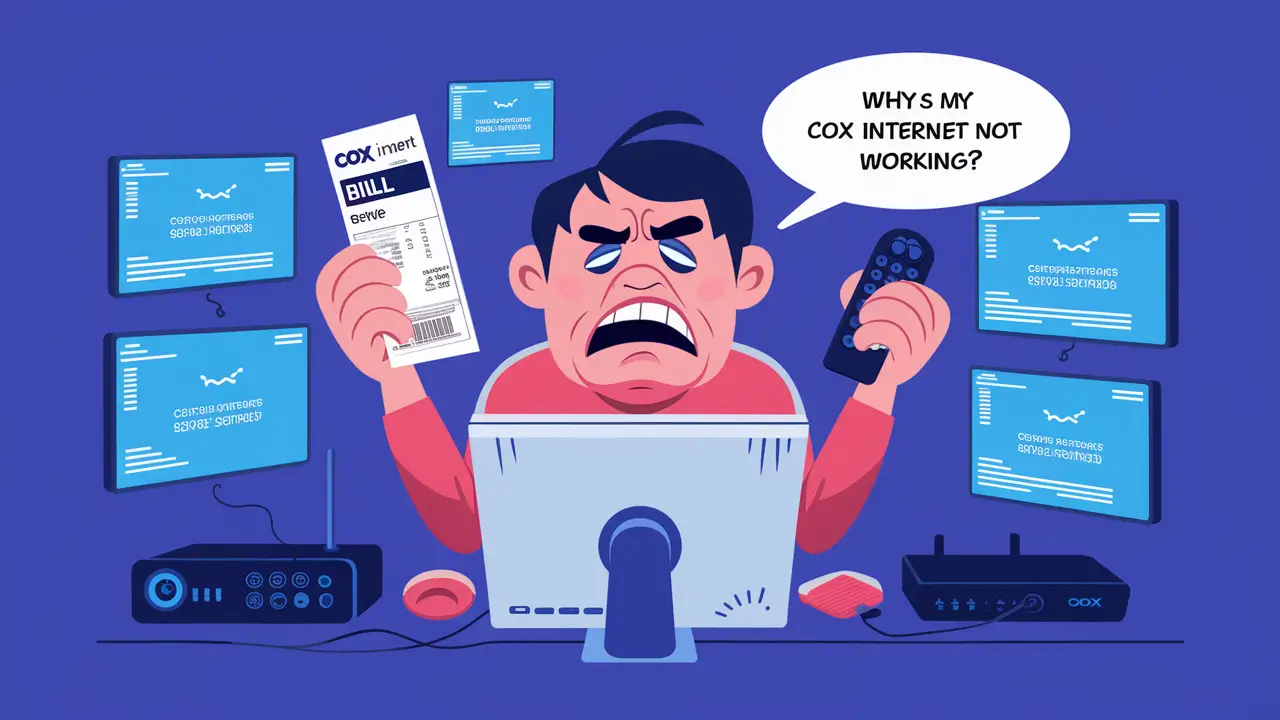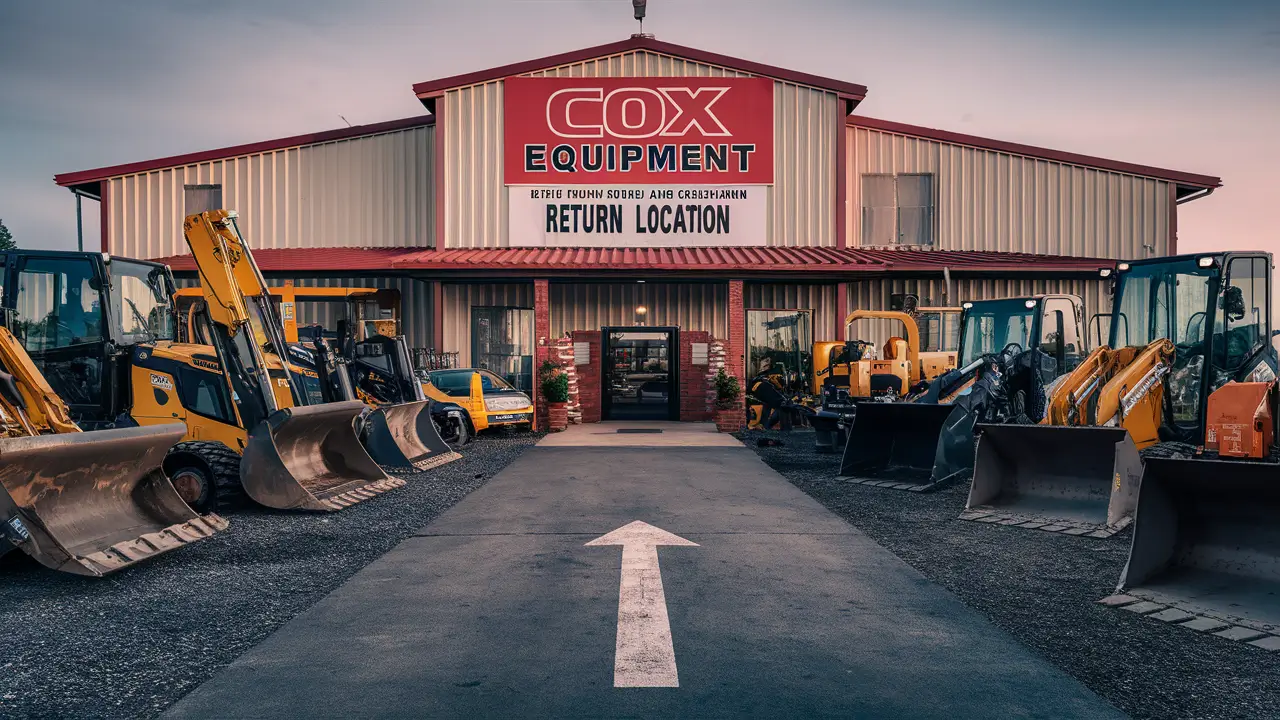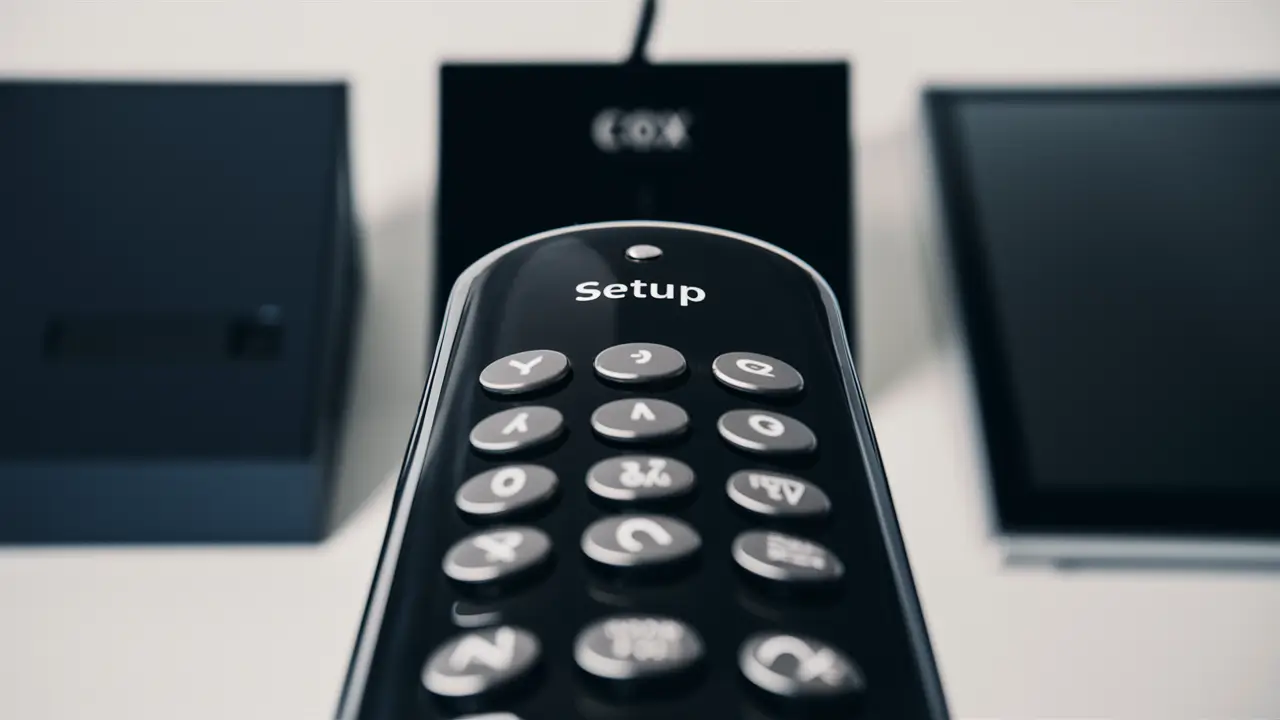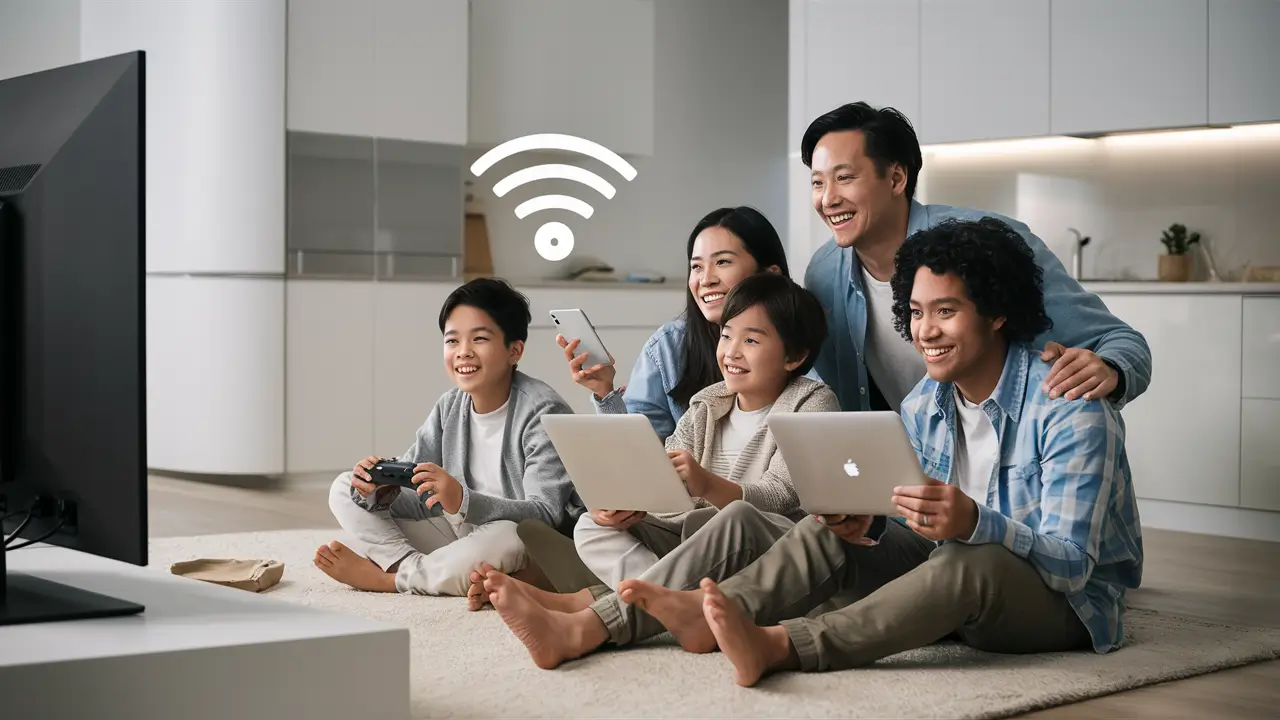
Cox Communications is one of the leading telecommunications companies in the United States that provides cable and internet services to more than 6 million residential customers in 18 states. Although Cox offers internet services through cable and DSL, some people may ask: does Cox offer fiber optic internet? This article will explain what fiber optic internet is, distinguishing between cable/DSL and fiber, if Cox offers fiber services, and what options for high-speed Internet are available from Cox.
Fiber Optic Internet is a broadband internet connection that uses fiber optic cables to transmit data.
Fiber optic internet is normally a broadband internet connection which is established through the use of fiber optic cables. It uses pulses of light in small glass or plastic fibers to transmit data, thus allowing high internet speeds and high bandwidths.
The main difference between fiber internet is the speed compared to cable, DSL, and satellite – in most cases, fiber internet is symmetrical and can provide up to 1 Gbps. This makes it possible to perform tasks such as streaming high-definition videos, gaming, video conferencing, and much more with no more hitches such as lagging or buffering.
Fiber is also future-proof in a way that network capacity can be upgraded over time by simply upgrading the equipment, unlike cable networks which use shared bandwidth. Fiber is also less likely to be affected by weather because of its reliability and lower latency.
Comparisons Between Cable/DSL and Fiber
The most significant differences between cable/DSL connections and fiber optic internet are:
- Speed: Fiber is much faster with download speeds ranging from 1Gig whilst cable has speeds that range between 50M to 500M.
- Latency: It has been established that fiber ensures lower latency than copper because light signals travel with increased speed through glass than electricity through copper cable. This leads to a reduction in the number of delays that occur.
- Reliability: Fiber is less vulnerable to external electromagnetic interference and seasonal temperature change as compared to copper cable or DSL lines. This means less of service delivery hitches The fact that we cannot have access to the internet for many hours means that there are minimal interruptions to service delivery.
- Future-proofing: Fiber equipment and networks can be easily upgraded to faster speeds since it involves the exchanging of terminal equipment. Copper cables currently used for cable/DSL have more bandwidth constraints compared to fiber cables.
- Price: Fiber internet is usually more costly than cable or DSL, although the costs have now gone low over some years. Costs are higher which in turn restrict access to fibers to a wider market.
Is Cox Fiber Internet Available?
At the moment, Cox Communications does not offer direct fiber optic internet services known as fiber-to-the-home (FTTH) services that connect customers’ homes through fiber optics.
However, Cox does have an increasing fiber optic network infrastructure linking its facilities. Although the last mile to homes may still use coaxial cables, improvements to the fiber backbone and local distribution enable Cox to deliver its highest speed tier through a technology called Fiber-to-the-Neighborhood (FTTN) or hybrid fiber-coaxial (HFC) connections.
For instance, Cox delivers download speeds up to 1Gbps and upload speeds up to 35Mbps throughout the country via Gigablast and Elite Gamer services. These are fiber links that move fiber closer to the consumer premises before linking to premises using conventional coaxial cable while adjusting bandwidth when the fiber is progressively extended nearer the customer’s end.
Although it is not a completely end-to-end fiber connection, this fiber-coax design enables Cox to make use of both current and new fiber upgrades to enhance speeds in networks. In other words, the fiber becomes the ‘spine’ while keeping the coax lines into actual houses and businesses instead of requiring full end-point fiber drops.
Cox High-Speed Internet Options
Even without full fiber services, Cox still provides high-speed internet options to its millions of customers through broadband cable technology:
- Starter Internet – download speed at 50 Megabits per second.
- Essential Internet – 100 Megabits per second download
- Preferred Internet – 300 Megabits per second download
- Ultimate Internet - 500 Mbs download
- Gigablast Internet – 1,000 Mbps download/35 Mbps upload
- Elite Gamer Internet – 1Gbps upload and download speed.
Thus, Cox customers are still able to get even faster maximum speeds as the company keeps on deploying more fiber deeper, node splits, DOCSIS 3.1 modems, and other additional capacity in its existing hybrid fiber-coaxial networks.
As for the full fiber connections, they might be more of the future, especially with the rise of 5G wireless connection, Cox’s hybrid network deployment strategy tries to balance performance, capacity, and cost. The company says that it will be able to deliver multi-gigabit speeds by the year 2030, all through the current infrastructure without the need to place fiber cables directly to homes and businesses.
Thus in conclusion – Cox still expands its fiberization in backbones and nodes to enhance its high-speed cable Internet across communities. However, most customers get these faster cable speeds through that last mile of the conventional coax cable into their premises rather than fiber terminal connections at both ends for now. Fiber expansions are seen to enhance performance nonetheless, although its hybrid fiber coaxial network points to a path toward multi-gig service.
Call (844) 340-5111 to get a new Cox connection now!
Read More:
How to Change My Cox Cable Wi-Fi Password?
How to Change My Wi-Fi Password Cox Cable?
